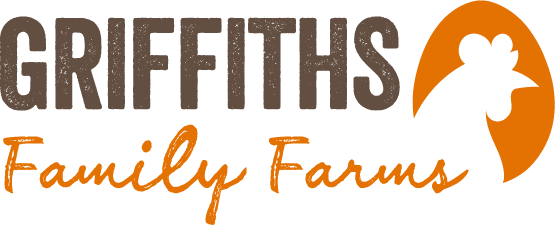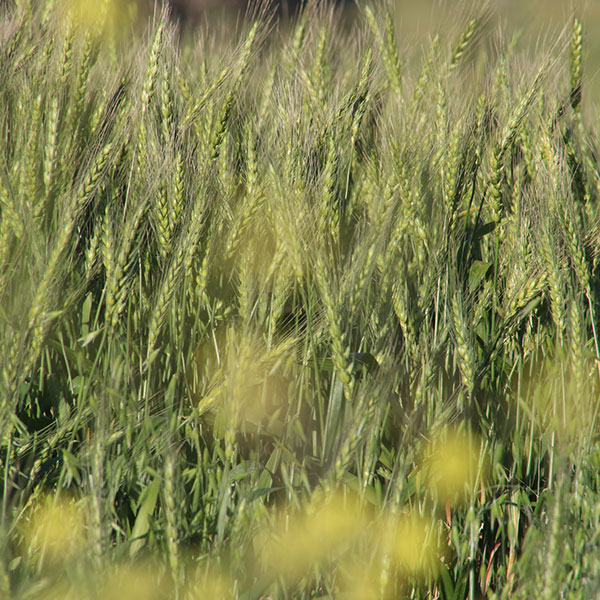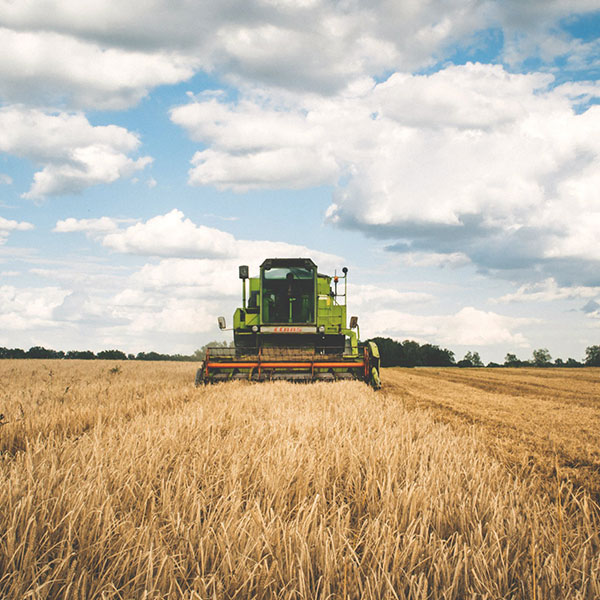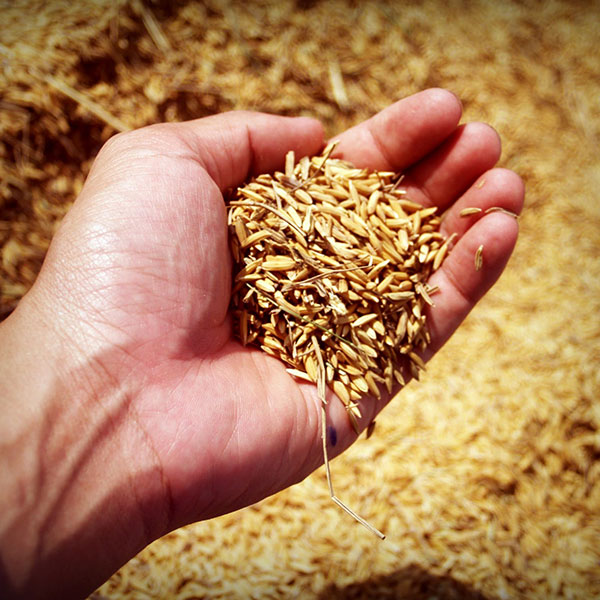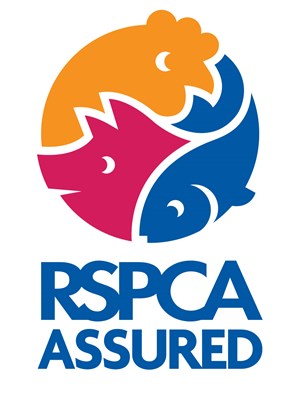Our operation
Eggs are at the core of what we do everyday, and our operation spans two main production facilities in Shropshire and North Wales.
We believe in integrated operations to ensure continuity of approach and deliver better bird health and performance.
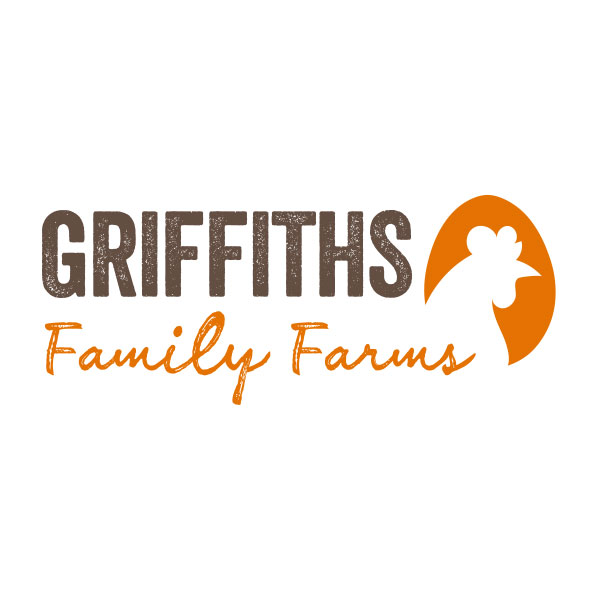
Laying farm’s birds are all reared from day old chicks to help ensure high levels of welfare and traceability. A vastly experienced team of stock people strive to produce healthy birds that produce first class eggs.
Modern day food production relies upon a combination of good husbandry and new technology. Each year our sites continue to receive investment in new innovative machinery.
A team approach
We share our farming passions with many smaller producers across the country and take great pleasure in working with and supporting those local businesses… most of which are family owned and run businesses too.
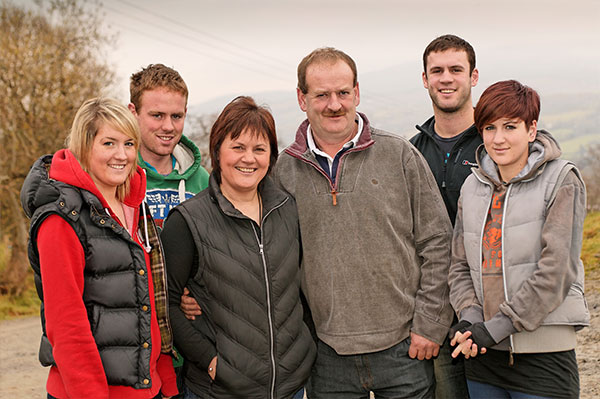
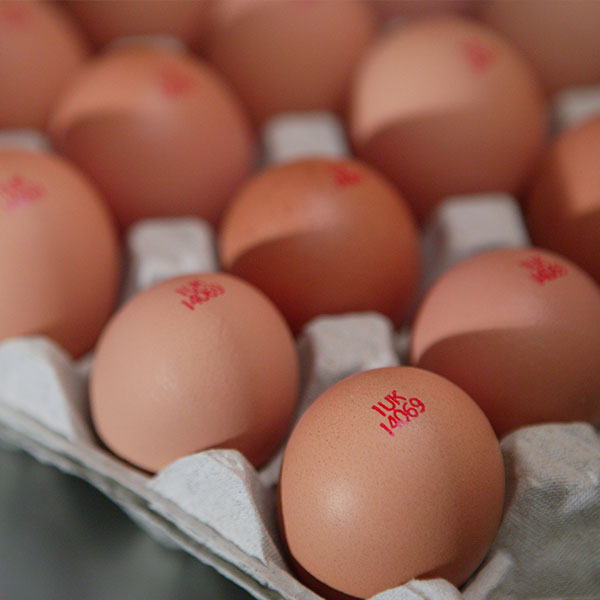
A commitment to standards
We produce millions of eggs each year, all meeting the strict standards laid down by the Lion Code of Practise. This mark guarantees that the eggs have been produced to the highest standards of food safety in the world.
The code covers a range of initiatives from farm activity and biosecurity through to the packing centre where the eggs are graded for quality.
All Lion Quality eggs come from hens vaccinated against salmonella and have a ‘best before’ date stamped on the shell which ensures that they are fresher than required by law.
A commitment to freshness
Within 12 minutes of arriving direct from the farm, eggs are inspected, graded, packed, labelled and boxed…. ready to dispatch to customers. Always with freshness in mind, our eggs are rapidly packed on site usually on the day they are laid.
Our aim is to produce safe, healthy and nutritious eggs that consumers will enjoy.
“The Journey of a Free Range Egg.”
Watch the video above.
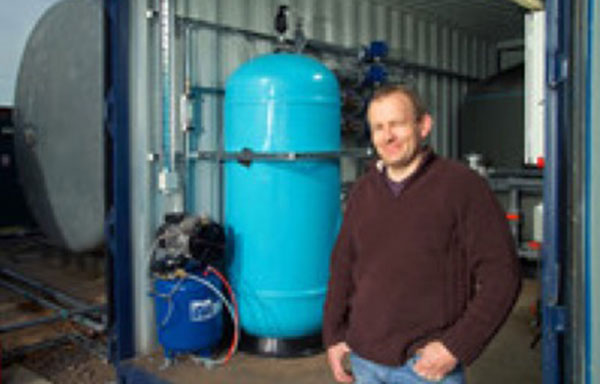
A commitment to the environment:
Rain Water Harvesting
Farm manager Alex Pyke, designed, built and installed an innovative system on the farm to collect rainwater falling on the Wem site, which is stored in two lagoons. Water quality is vital to producing quality eggs, so this valuable natural resource is then treated in a water-cleaning plant for use as pure drinking water for our hens.
With a capacity to create 300 tonnes of water a day, we have gone a long way towards servicing our water demand on the site, delivering a great environmental benefit.

Solar Electricity
The farm and packing centre uses a considerable amount of electricity each day and the decision was taken to invest in Solar energy panels in 2012, to reduce environmental impact, with self-sufficiency being the main aim. To date we have 16,000 panels and counting…
A commitment to the land – Our crops
Today we farm several thousand acres of arable land, owned and tenanted. We grow winter wheat, winter barley, oilseed rape, red wheat, triticale and grain maize.
Our philosophy is now to keep our farming simple with the minimum possible impact on the environment and the local community:-
We grow high yielding cereal varieties milled by a third party and fed back to our hens.
We minimise use of agrochemicals and fertilizer by varietal choice and good agronomic advice.
Our poultry manure is used (and sold) as a valuable source of Nitrogen, Phosphate, Potash, Lime and other micro-nutrients.
RSPCA welfare standards
The RSPCA welfare standards cover all aspects of the hens’ lives, including health, diet, environment and care. RSPCA Assured assessors – and the RSPCA’s farm livestock officers – check that the RSPCA welfare standards are being met.
Based on the latest scientific evidence, the standards are much more detailed and strict than minimum legal requirements.
Did you know?
- If hens are frustrated or don’t have something they need they might make a sound known as a ‘gakel-call’
- ‘Comfort behaviour’ is important to hens and includes feather ruffling, head scratching, body shaking, wing stretching and flapping
- Dustbathing removes parasites, keeps skin and feathers in good condition and helps regulate body temperature
- Hens like to roost on perches at night with their flock. In the wild this protects them from predators and conserves body heat
